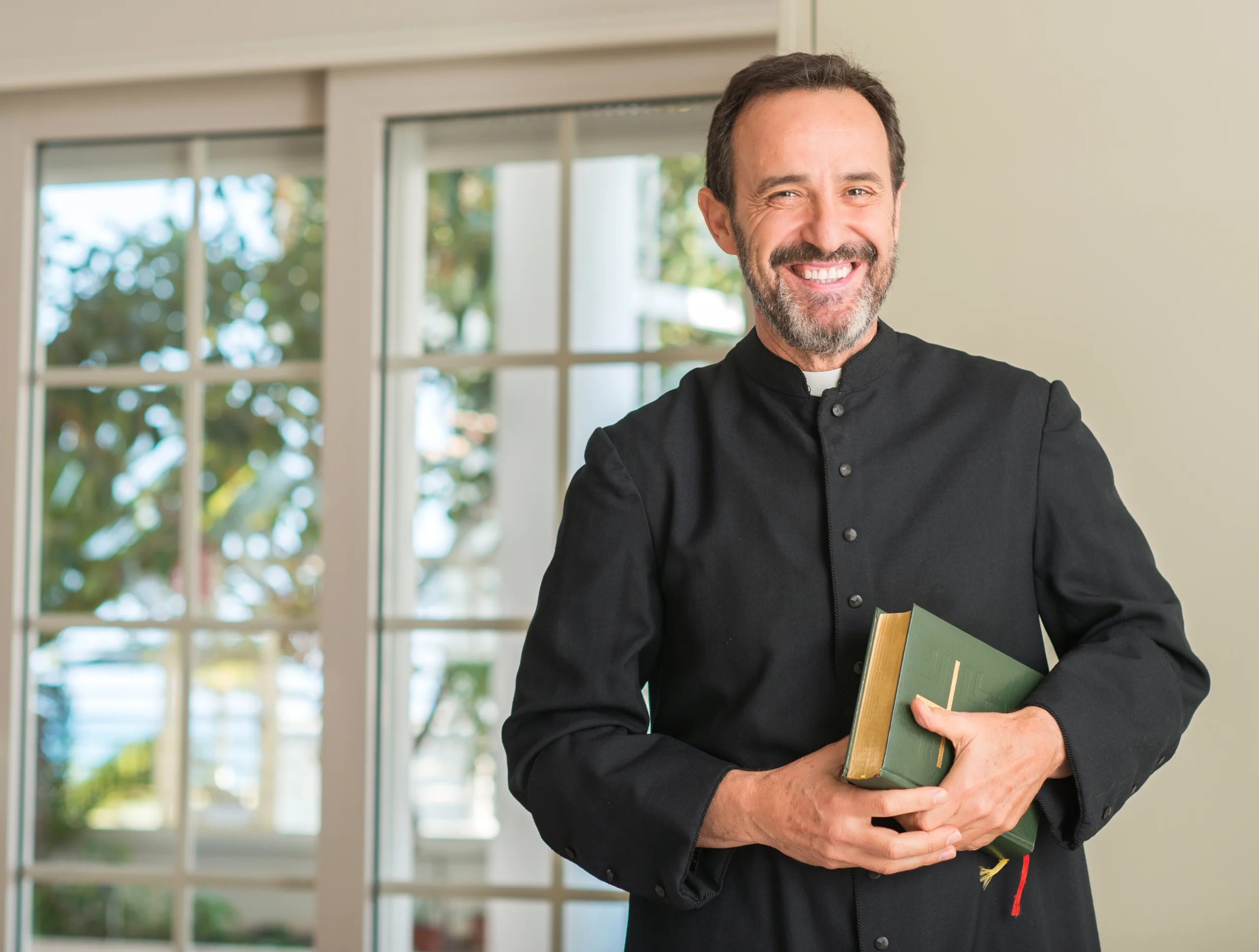Our Approach
applying Biblical principles to Life, Technology, and Medicine.
ANGLICAN BIOETHICS CENTER (ABC)
Mission
The Anglican Bioethics Center applies biblical principles to life, technology, and medicine, equipping Christians to navigate contemporary bioethical challenges with wisdom. We uphold the inherent dignity of human life and advocate for the responsible stewardship of technology and medical advancements in alignment with God’s design for human flourishing.
Introduction to the Anglican Bioethics Center
At the Anglican Bioethics Center, we believe that Scripture is the inerrant and sufficient Word of God, providing timeless guidance for ethical challenges, including modern bioethics. While the Bible does not explicitly mention every emerging technology or medical advancement, it offers a clear moral framework to help Christians apply God’s truth to all aspects of life. Our approach to bioethics begins and ends with Scripture, affirming the intrinsic worth of every human being from the moment of fertilization, and recognizes our responsibility to steward technology and medicine with wisdom.
Indeed, the moral authority to address these issues originates in the Cultural Mandate (Genesis 1:26-31) when God calls humanity to steward His creation, from the blessing of procreation to the development of the created world.
Core Convictions
Life
Life begins at the moment of fertilization. We bear witness to the Sanctity of Life at every stage of development and reject practices that commodify, harm, or destroy human beings.
Technology
Technology is a God-given tool that humans are to steward wisely. As a tool, humans use technology to build physical or digital creations. Technology also has a metaphysical force that shapes how human beings view the world. In other words, we shape our tools, and our tools, in turn, shape us. While it can enhance human flourishing, it must not subvert human identity or replace the natural order established by God. Used rightly, technology is a means by which humans are called to reveal God’s goodness in creation through God-honoring innovations.
Medicine
Medicine should restore, heal, or affirm life and the natural functioning of the body. Ethical healthcare should align with God’s design, addressing the root causes of disease, providing comfort in illness or death, and ensuring that treatments do no harm nor offer technology “hacks” that reject human embodiment. Moreover, health providers should empower individuals to make informed medical decisions that align with their biblical and moral convictions.
Where Did Bioethics Come From?
Bioethics is a field of applied ethics devoted to sorting out the moral dimensions of human and animal medicine, the biosciences, and biotechnology. By its nature, bioethics is multidisciplinary, bringing together philosophical and theological ethics with science, the practice of medicine, emerging biotechnologies, law, pastoral care, and the implications for society.
For Anglicans, the authority of Holy Scripture is the ground for ethical decision making. Since God made human beings in his own image (Genesis 1:27-28), vesting with them dignity and value, and since God’s only begotten Son, the second person of the Holy Trinity, became a man, the ethics of medicine begins with respect for the sacred value of every human being. Traditionally, a first principle of medical ethics is primum non nocere (do no harm).
Medicine has a long and admirable history. Western scientific medicine began with the Greeks who developed much of our early knowledge of anatomy, physiology, and even our symbols of medicine. The ethics of Western medicine reaches back to the Greek physician Hippocrates (460 BC-370 BC). The polytheistic oath that bears his name was altered theologically and embraced by both Jews and early Christians.
For Christians, the healing ministry of Jesus, the Great Physician, and the command to love one’s neighbor as oneself provide the warrant for medicine. Medical historian, Albert Jonsen, has observed: “The Judeo-Christian religious tradition, with its strong emphasis on divine commands that enforce respect for the sanctity of life, enhanced the prohibitions of abortion and euthanasia that are obscurely expressed in the Oath and prescribed caring compassion for the poor and even enemies. The literature of medical duty is profoundly marked by these moral traditions.”
The apocryphal book Ecclesiasticus reminds us that medicine owes its origins to God: “Honor the physician… from God the physician gets wisdom…God brings forth medicines from the earth and let a prudent man not ignore them” (39:1).
Life-Affirming
The early Christian church affirmed the sanctity of every human life, not only insisting with the Hippocratic tradition that physicians should not provide abortions, but offering alternatives to killing children. For instance, the Didache, a first century church manual, prohibited both abortion and infanticide. Beyond that, early Christians rescued children from infanticide by providing homes for them and building orphanages for their care.
Health Promoting
In taking on human flesh in his incarnation, Jesus confirmed the importance of human embodiment. Moreover, St. Paul reminded Christians that human bodies are temples of the Holy Spirt through which to honor God (1 Corinthians 6:19-20). At the same time, he taught that human mortal bodies are temporary “jars of clay” and will one day be transformed into permanent resurrected bodies (2 Corinthians 4:7-5:5). Therefore, we should neither do harm to our bodies nor worship them, but pursue whole-person health in the context of a fallen world. Likewise, we should neither fear death nor hasten it.
Science Affirming
Christians have always been at the cutting-edge of science, medicine, and biotechnology. Because we believe that all truth is God’s truth, there is no arena that should be excluded from the Lordship of Christ, including the biological sciences. At the same time, Christians are “People of the Book” and bring a decidedly Christian world and life view—including ethical perspectives—into their thinking about science. A fallen world cannot afford the development of science without robust ethical reflection.
Ethical reflection must be developed in the context of accurate information. Therefore, Christians should see it as an expression of their discipleship to celebrate biological sciences that enable us to understand better just how fearfully and wonderfully made we are (Psalm 139:14). We should seek to be good stewards over the opportunities that these developments offer. At the same time, Christians should affirm that science is to serve the glory of God and the good of his creatures, not provide yet another opportunity for idolatry.
Care Providing
Christians must continue to demonstrate love for God and neighbor that extends itself in compassionate care of those who are suffering. Admittedly, Greeks and Romans made great contributions in medicine from the Fifth Century BC to the Third Century AD. The period commences with Hippocrates of Kos (460-370 AD) and ends with the Roman physician Galen (129-199 AD). However, the next great phase of medical history begins at the end of the fourth century, with the founding of the first Christian hospital at Caesarea in Cappadocia. This extraordinarily formative period in medicine was characterized by intimate involvement by the Church. As missionaries evangelized the peoples of Western and Northern Europe, the Church found itself in a constant battle against the use of magic and superstition in the work of healing. She engaged the healing arts not least because her founder, Jesus of Nazareth, healed the sick during his ministry (cf. Matthew. 9; 10:8; 25:34-36). The early Church not only endorsed medicine but also championed care for the sick.
St. Basil of Caesarea founded the first hospital (c. 369). Christian hospitals grew apace, spreading throughout both the East and the West. By the mid-1500s there were 37,000 Benedictine monasteries alone that cared for the sick.
Furthermore, as Charles Rosenberg shows in his volume, The Care of Strangers: The Rise of America’s Hospital System, the modern hospital owes its origins to Judeo-Christian compassion. Evidence of the vast expansion of faith-based hospitals is seen in the legacy of their names: St. Vincent’s, St. Luke’s, Mt. Sinai, Presbyterian, Mercy, and Beth Israel. These were all charitable hospitals, some of which began as foundling hospitals to care for abandoned children.
Similarly, in Europe, great hospitals were built under the auspices of the Judeo-Christian tradition. Indeed, an ancient French term for hospital is hôtel-Dieu (“hostel of God”). In 1863, the Société Genevoise d’Utilité Publique called on Swiss Christian businessman Jean Henri Dunant to form a relief organization for caring for wartime wounded. Thus, the emblem of the Red Cross was codified in the Geneva Convention one year later.
British Anglican, Dame Cicely Saunders founded the hospice movement by establishing St. Christopher’s Hospice in the south of London in 1967. Her work emphasized the care of those who are at the end of life. Christians wrote important treatises on this topic, including the Ars Moriendi (The Art of Dying) in the late medieval period and the Anglican Jeremy Taylor’s Rules and Exercise for Holy Dying in the 17th century.
Future Thinking
This brief history is shared to give you context towards the work and ministry that will be required in the future. While we have a strong tradition to inspire us, we must find courage to speak God’s truth as bioethics in the years to come will demand even more from us. Genetic modification, life-extension technologies, transhumanism, artificial intelligence, and other emerging biotechnologies demand our best theological reflection and most faithful pastoral leadership.
Why This Matters Now
We live in an era of rapid scientific advancement, where developments in artificial intelligence, reproductive technologies, gene editing, and end-of-life care raise urgent moral questions. But these aren’t just headlines or ethical debates for scholars. These are real decisions, happening every day, to people sitting in our pews. Situations that could very well include…
A mother standing in the pharmacy holding a life-saving medication. Then she learns it was developed using cells from an aborted fetus decades ago. Her conscience is suddenly heavy with questions she never thought she’d have to ask
A husband and wife sitting in a quiet pastor’s office, explaining that after years of infertility, they finally conceived through IVF. But now they have three embryos frozen in a clinic freezer—and they’re not planning to have more children. “What are we supposed to do with them?” they ask, eyes full of tears.
A middle-aged woman calling the church in distress. Her father is dying, and the doctors want to sedate him so he won’t suffer. But she’s told it could hasten his death. “Would I be helping him die?” she asks. “Would God see that as mercy—or something else?”
A faithful woman, pregnant with a child who has a severe, possibly fatal condition, sitting across from her Christian friend. “My doctor says I could die if I carry this child to term,” she whispers. “I don’t want to have an abortion… but I have other children. What would God have me do?”
A teenager confiding that she was selected through embryo screening—chosen for her health, while her siblings were not implanted. She asks, “Was I wanted… or just the healthiest?”
A longtime church member with a terminal illness tells his pastor he has scheduled an assisted death and asks if the pastor will sit with him as he dies—and preach his funeral. The pastor must now decide: Is his presence an act of compassion, or a silent approval of a choice Scripture cannot bless?
Meanwhile, a hospital rolls out a new AI system that determines treatment priority based on data points—age, health history, life expectancy. A pastor is asked to pray over a woman denied a ventilator by a machine. He wonders, “Have we replaced human dignity with an algorithm?”
These situations are not from science fiction. They are real choices, made in grief, in hope, in fear—and often in isolation.
Bioethics matters now because these moments are multiplying. Science is advancing faster than our ability to think, pray, and discern. Christians are being asked to make decisions that reach the heart of what it means to be human: to bear children, to suffer, to die, and to love faithfully in a fallen world. If we do not teach people how to think biblically about these things, the world will teach them to think carelessly.
Why This Matters to You
At the heart of Christian bioethics is the recognition that our bodies are not merely something we “have,” but an integral part of who we are as persons created in the image of God. Human freedom, while precious, is not about self-creation, but about acknowledging the Creator and respecting the boundaries He sets for us.
As pastors, friends, and caregivers, it is important to remember that while medicine seeks to alleviate suffering, it is not the ultimate answer or savior. We should promote solutions that restore and honor the human body, but we should not fall into the trap of wish fulfillment: affirming an “any means necessary” approach to alleviate suffering or unmet longing.
Technology can offer solutions, but it cannot fully resolve the deeper longings for wholeness that only God can fulfill. In pastoral bioethics, leaders must walk with people through their suffering, offering not only sympathy but also wisdom from Scripture and prayer.
In the end, bioethics is not just about abstract theories or clinical decisions—it is deeply personal.
We rarely wrestle with these questions until suffering enters our own lives or touches someone we love. At that moment, we need more than quick fixes or easy answers; we need wisdom that honors the body and the soul. This is why it matters to you. Whether you’re a pastor, a caregiver, or simply someone trying to do the next right thing before God, these issues call for deep moral clarity and spiritual courage. Suffering, while painful, is not purposeless. Through it, God can draw us closer to Him, shape our character, and deepen our trust in Him. The temptation to use technology or medicine to escape every hardship must be weighed against the deeper call to faithfulness. As we navigate this changing world, let us walk with others in truth and compassion—offering not just relief, but the hope and healing that come from Christ alone.


The Anglican Bioethics Center Is Here For You
The Anglican Bioethics Center seeks to provide a robust, biblically faithful anthropology that promotes an approach to life, technology, and medicine that honors God’s design for human flourishing.
The greatest ethical challenge of our time is not just what we can do with technology and medicine but who we are as human beings. In an age of technological utopianism, the Church must proclaim the good news of biblical anthropology—that human beings are created in God’s image, with inherent worth, purpose, and dignity.
That’s why we established the Anglican Bioethics Center—to empower pastors, church leaders, and congregants to confidently address these pressing issues. We discuss the biblical, technical, and pastoral aspect of each issue, and provide text, audio, and visual resources to match your learning style.
Bioethics isn’t just an academic issue—it’s a pastoral one. People in your congregation are making life-and-death decisions right now, whether they bring those concerns to you or not. As a pastor, you must be ready to offer biblical, theological, and medically aware guidance when the moment comes.
Are you ready for those conversations?
Our goal isn’t to burden you with more to learn, but to give you clear, practical resources to help you shepherd well. Whether you’re preparing a sermon, counseling a couple struggling with infertility, offering biblical advice to a friend, or answering tough ethical questions in a hospital room, we’re here to support you.
Prayer for Bioethics website
Almighty God and Father, the Creator of all that is and ever was, as your image bearers and stewards of your creation, help us humbly to recognize your love for every human life. As science and technology seek to imitate your creative nature, help us accept our human limitations and guide us as we pursue knowledge and wisdom on behalf of life. Grant us all a trust for your precepts, a teachable spirit, and the guidance and protection of your Holy Spirit. We pray these things in the name of Christ and for your glory. Amen.
Contact us
Call
Location
335 Sherman Street Ambridge, PA 15003
